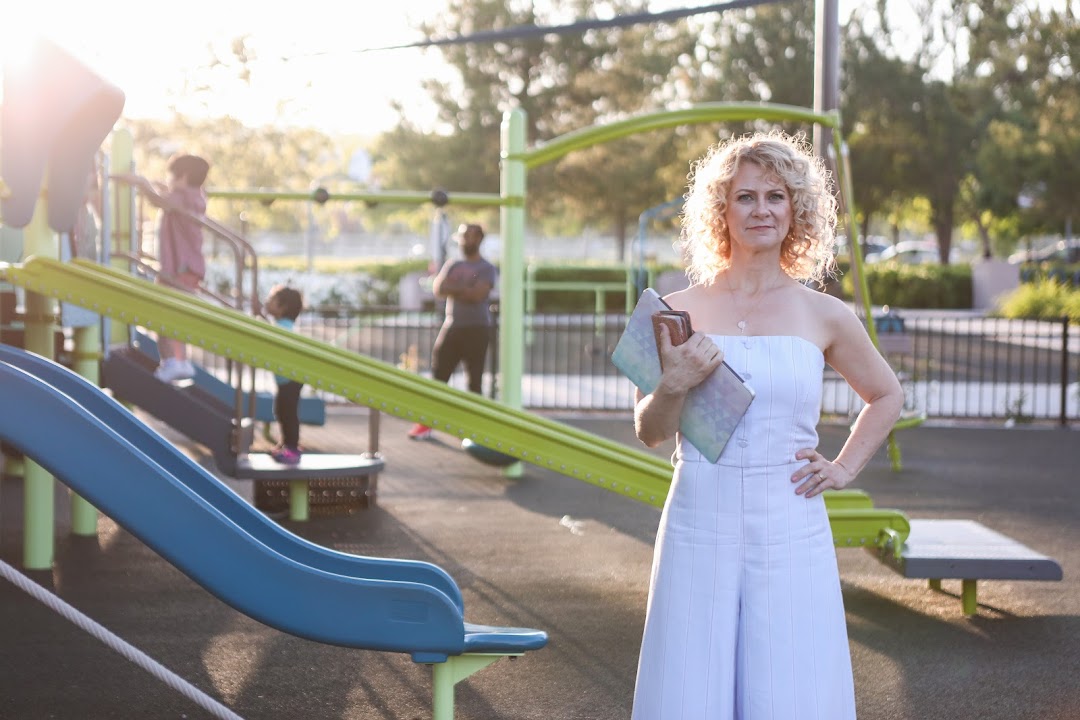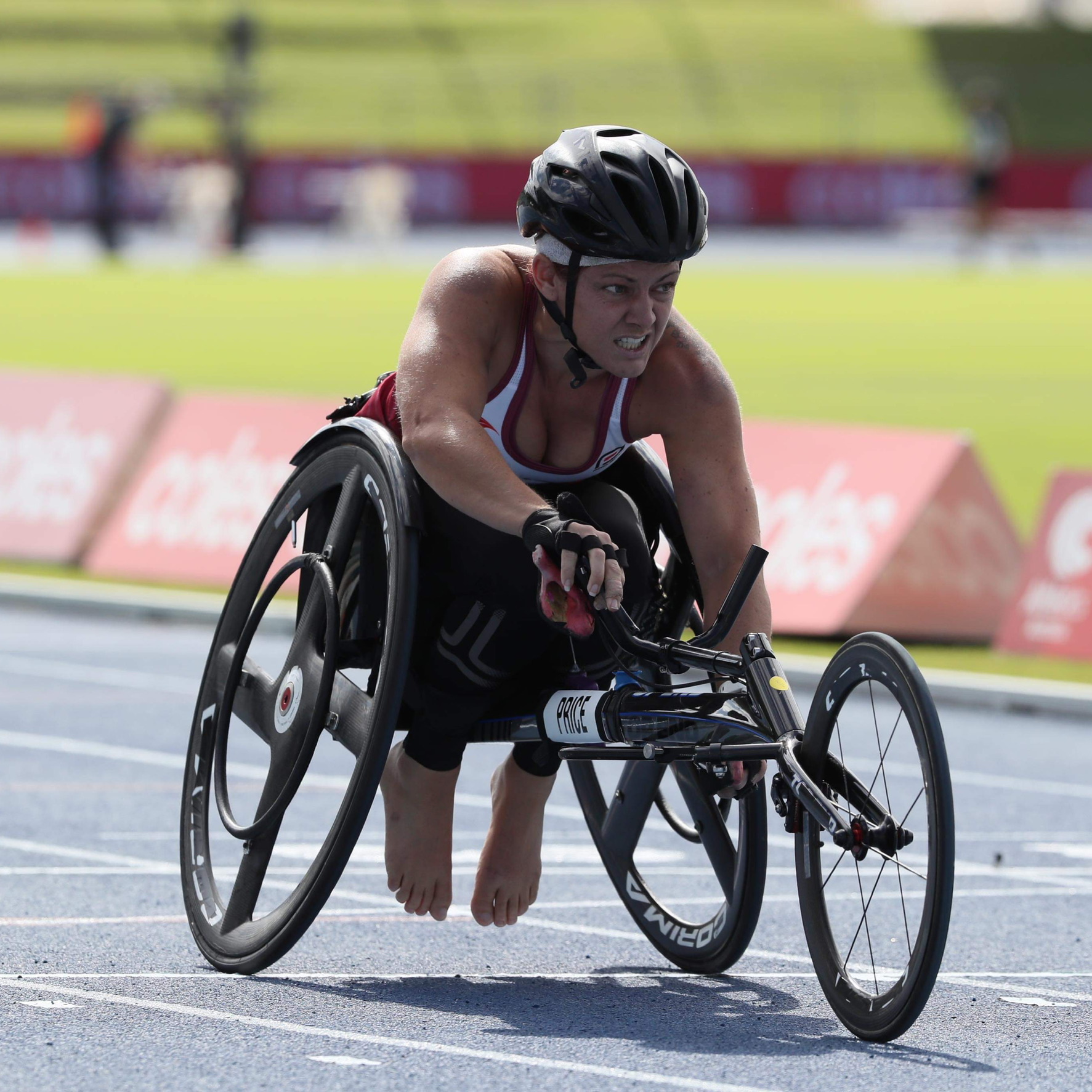Freedom with Type 1 Diabetes
Khadija Stewart-Brown accepted daily insulin injections and finger-prick tests as part of normal life, but then she reached her teens. “I saw the difference between me and my peers and it got annoying,” she says.
Khadija has always had to manage her blood sugar. At just four months of age she had 95% of her pancreas removed to combat an overproduction of insulin, which was causing her blood sugar levels to drop too low. With persisting low glucose levels, Khadija had a feeding tube up until the age of nine, after which she was diagnosed with type 1 diabetes and put on insulin.
As a result, management of her blood sugar became a part of Khadija’s daily life. But in her teenage years, she started to see the freedom experienced by her peers. “They could eat and drink what they wanted and I had to be under a stricter regimen. If I had something sugary, I had to check my blood sugar about an hour afterwards to ensure I was stable,” Khadija tells This Is MedTech.
When, at the age of 16, Khadija had to add lunchtime insulin injections into her routine she needed a different way forward. “I always had to do my insulin injections at home in the morning and evening, but now I had to do an injection at school,” Khadija recalls. This was when she started using an insulin pump.
“The pump just attaches to my stomach or my arm,” Khadija explains. “I check my blood sugar before I eat and I use the remote control to enter the amount of carbohydrates I am eating. The pump then gives me the insulin, doing all the calculations for me. It also gives me background (basal) insulin, 24 hours a day.”
Recently, Khadija moved onto a waterproof, wireless pump, giving her an even more freedom. This, along with a ‘flash glucose monitoring system’ gives Khadija an easier way to manage her diabetes. “The small glucose sensor goes on my arm. It tells me when I go high or low, and I have an app on my phone, so I can check my blood sugar whenever I need to,” she explains.
With a way to manage her diabetes that fit with her lifestyle, Khadija continued her schooling, going on to university to study law, taking her master’s degree and starting a new career. Having received valuable support from social media forums, such as that of Diabetes UK, and other support groups, Khadija also launched her own blog and began to share her experience with diabetes.
“Over the last year I have connected with a lot of people my age who understand what I am going through and have tips that I wouldn’t get from health professionals. My mum, who’s a nurse, always says that we are experts in our own condition,” Khadija continues.
She is also keen to take advantage of new medical technologies to continue her full life. “I know there are other technologies out there that are perhaps even more beneficial,” Khadija says.






